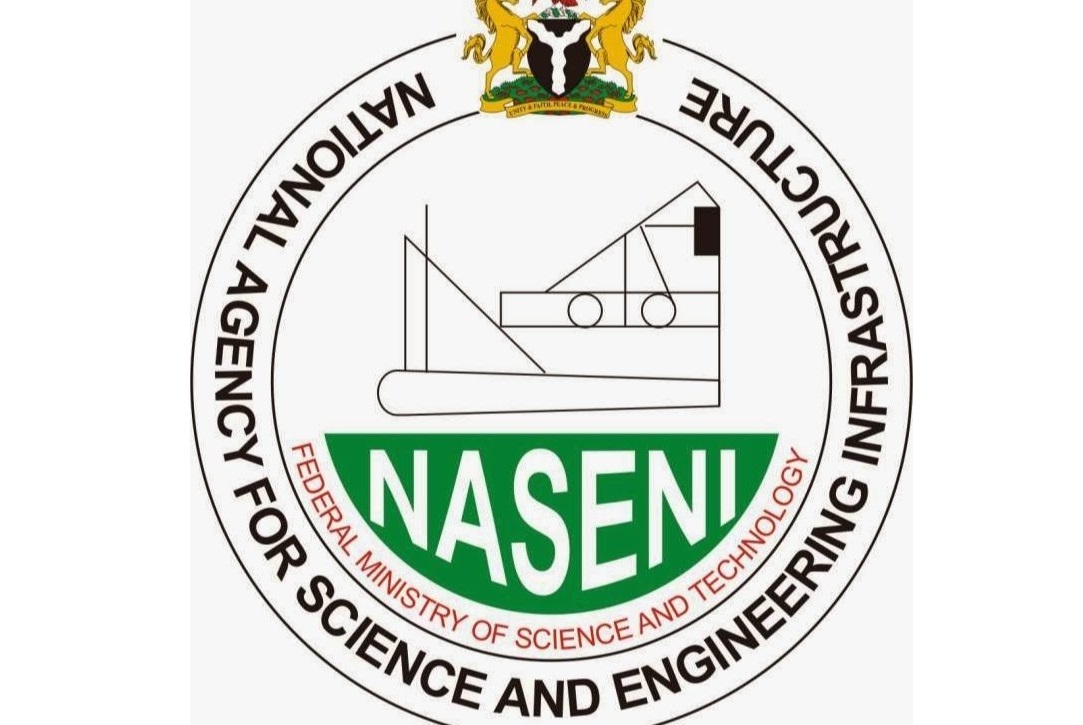The executive vice chairman of the National Agency for Science and Engineering Infrastructure (NASENI), Prof. Mohammed Sani Haruna, has said technology acquisition and application is the major difference that exists between advanced and underdeveloped nations.
Haruna disclosed at the weekend during the launch of a book, ‘‘Technology and Wealth of Nations (African Experience, 1899 – 2021)’’, written by Dr. Felix Oragwu.
- COVID-19: Nigeria’s total infection toll hits195,052
- APC sweeps 3 LGAs, PDP gets one as Kaduna poll results trickle in
The NASENI boss said there is inseparable relationship between technological development and economic progress of nations.
He added that the point of sail of all economies is the introduction of the manufacturing or industrial economy.
He stressed that Africa’s prolonged economic plight is centered on the two fundamental challenges of a manufacturing economy.
The NASENI boss said the book traces Africa’s economic backwardness to its roots – a key problem that has kept Nigeria’s policy makers – handicapped and its economies crippled.
“The author thoughtfully and masterfully illustrated how colonial Europe excluded technology education in its about 50 years of colonization in Africa in order to perpetually channel raw materials from Africa and prefers to send aids afterwards.
“Without understanding the economic plot, Africa will remain in the vicious circle of economic stagnation as it is now in over 50 years of post-independence,” he added.
He recommended the book to economic and policy planners, all members of engineering, science and technology family.
He recommended teaching of its concept in secondary schools and tertiary institutions.
In his remarks, the author, Oragwu, said the book deals with challenges of science and technology activities faced by Nigeria in technology production and industrialization of Nigeria’s economy.
“Nigeria, we all know is the most populous and very well endowed nation in Africa, South of Sahara Desert.
“However, Nigeria as at present, 2021, is yet to build the domestic endogenous capability and or capacity for the production and manufacture of technologies and globally competitive industrial goods in her own economy, both for domestic use and for export to the global world market to earn foreign currency, and this is in the face of many institutions involved in science and technology activities for economic development and industrialization of Nigeria’s economy,” he said.
He said the book was an assessment of what are the challenges of Nigeria’s technology production and industrial goods manufacture in Nigeria’s economy.

 Join Daily Trust WhatsApp Community For Quick Access To News and Happenings Around You.
Join Daily Trust WhatsApp Community For Quick Access To News and Happenings Around You.


